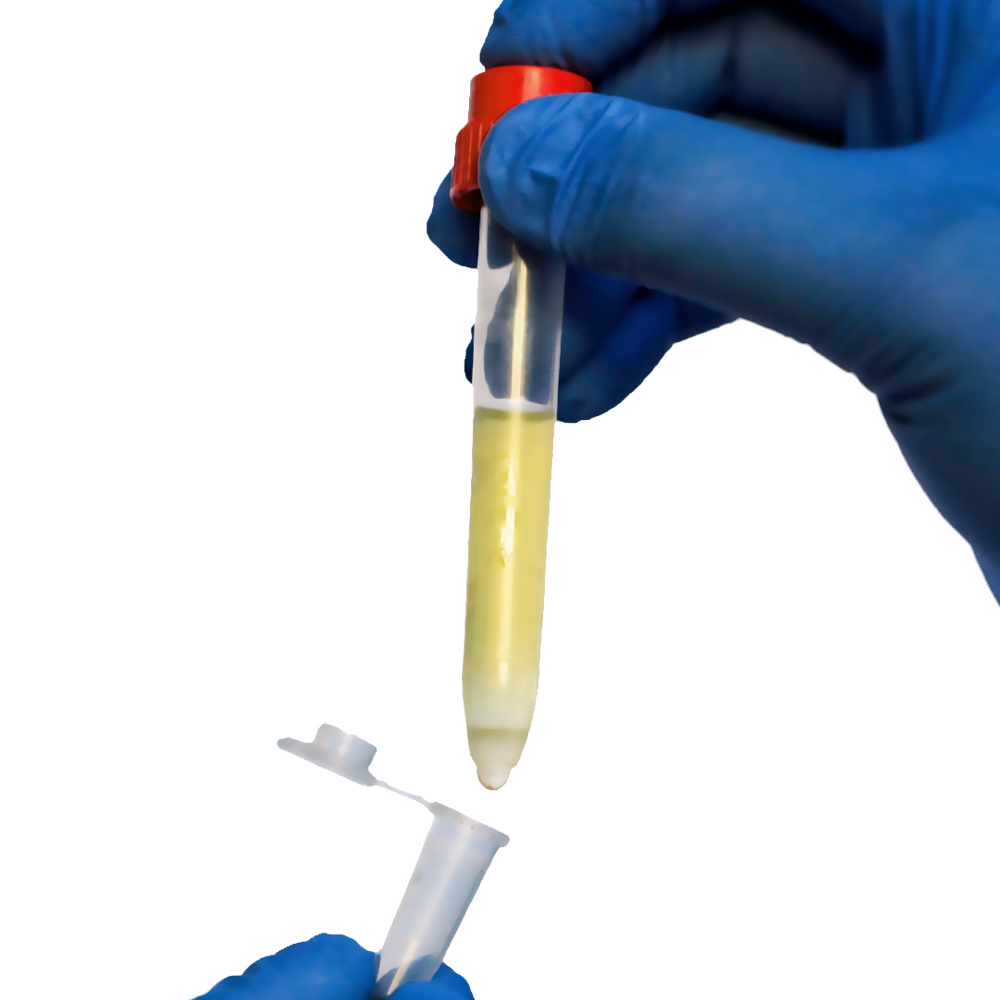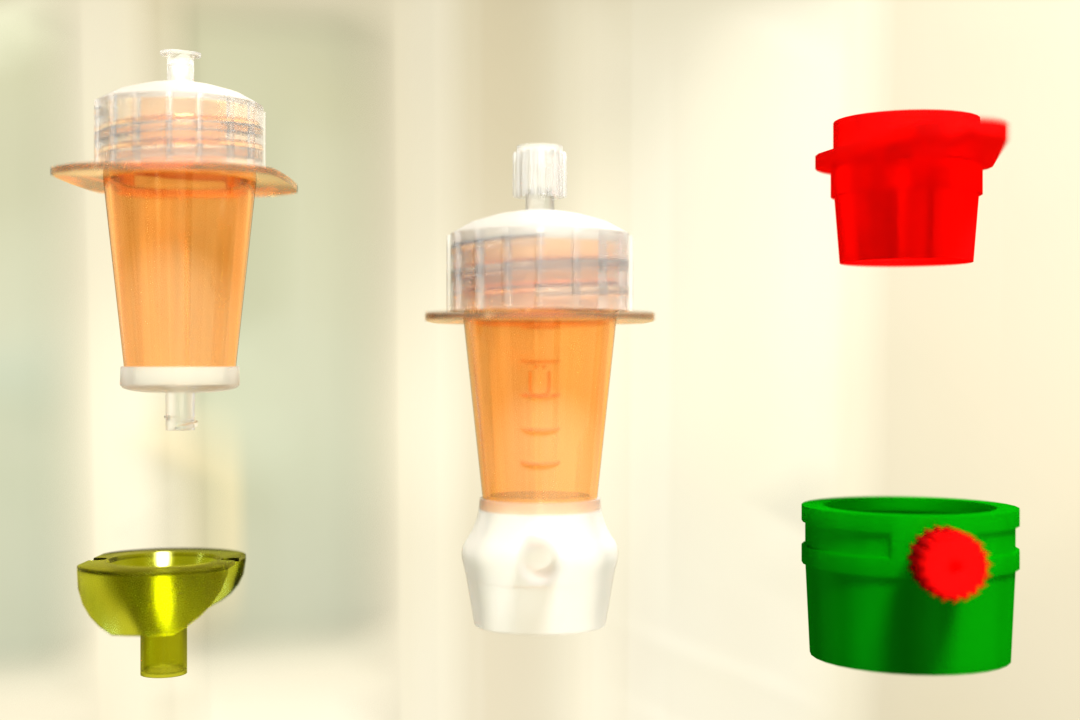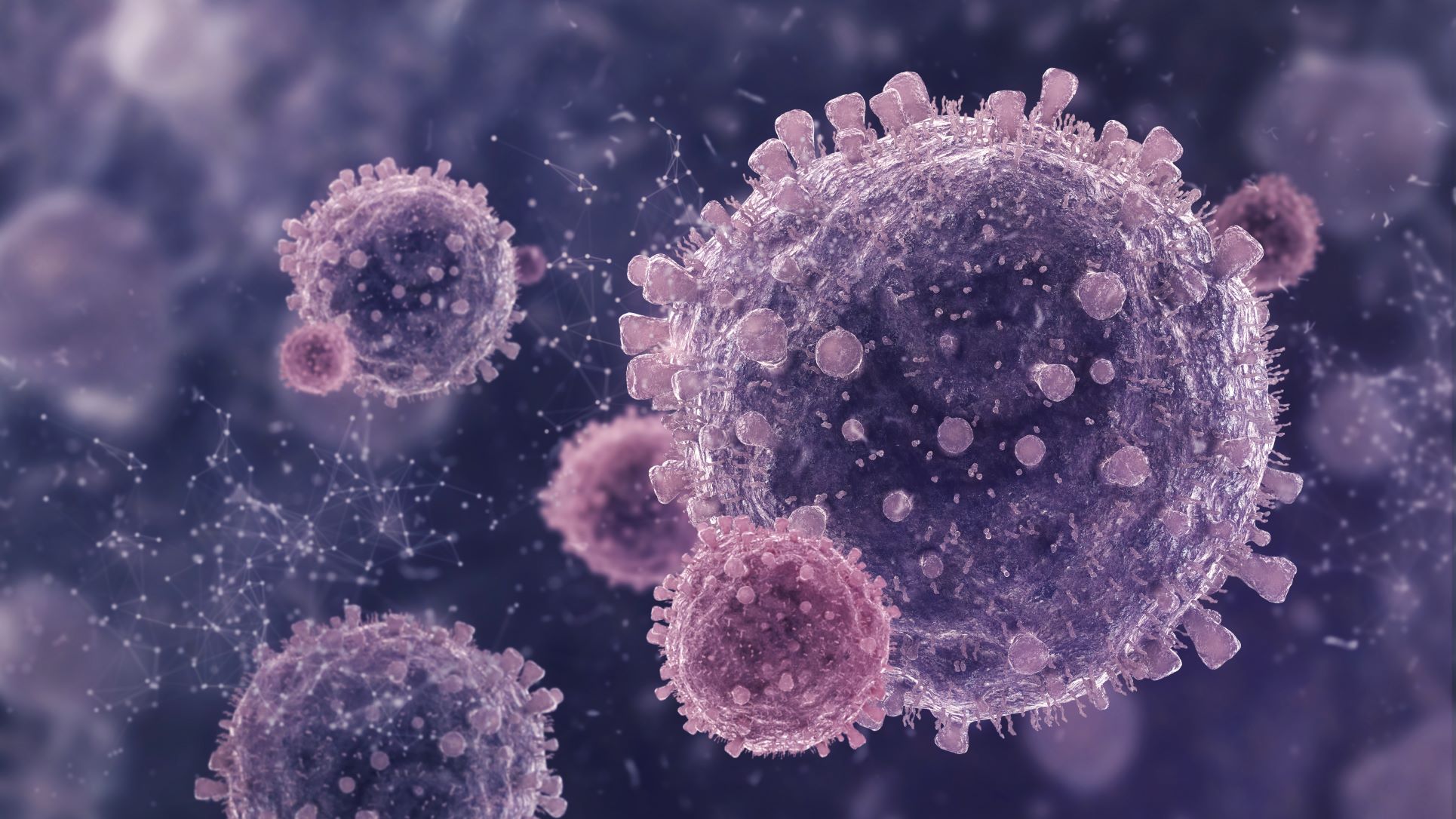Laboratory research requires precision, especially when working with delicate samples for cell analysis. A cell strainer plays a crucial role in ensuring accurate sample preparation, particularly when working with small volumes. Mini Strainers are designed to enhance filtration, improve cell suspension quality, and streamline laboratory workflows. Their compact design and versatility make them an essential tool for researchers looking to improve efficiency and sample purity.
Why Mini Strainers Are Essential for Cell Suspension Preparation
Accurate cell suspension preparation is key to achieving reliable experimental results. Traditional filtration methods may not be suitable for small-volume samples, leading to sample loss or contamination. Mini Strainers solve these challenges by providing a dedicated filtration solution for small-volume cell suspensions.
1. Designed for Small Sample Volumes
Mini Strainers are ideal for handling small sample volumes, up to 700 µl, ensuring minimal sample loss. Unlike conventional filtration methods, these strainers are specifically designed for small-scale experiments, making them perfect for applications where every cell counts.
2. Versatile Fit for Various Tubes and Plates
Mini Strainers are highly adaptable and can fit into multiple labware formats, including:
- 1.5 ml and 2.0 ml reaction tubes
- 15 ml conical centrifuge tubes
- FACS™ tubes and cryo vials
- 24-well and 48-well plates
This wide compatibility makes them suitable for various experimental setups, eliminating the need for multiple filtration devices.
3. Precise Filtration for Different Applications
Mini Strainers are available in a range of mesh sizes, from 5 µm to 200 µm, allowing researchers to select the best option for their specific needs. The 40 µm and 70 µm mesh sizes are particularly useful for sample preparation in flow cytometry (FACS analysis), ensuring a smooth and debris-free suspension.
4. Enhanced Sample Purity for Reliable Results
Unfiltered cell suspensions often contain debris and unwanted particles, leading to inaccurate readings in downstream applications. Mini Strainers help remove contaminants efficiently, improving the purity and integrity of the sample.
5. Prevents Clogging and Improves Workflow
Clogging is a common issue when working with cell suspensions, leading to delays and sample waste. Mini Strainers significantly reduce clogging, ensuring a smooth filtration process. This leads to better workflow efficiency and more consistent results.
How Mini Strainers Improve Laboratory Efficiency
Mini Strainers are not just about filtration; they are designed to enhance laboratory efficiency and streamline processes.
1. Saves Time and Reduces Manual Work
Traditional filtration methods require additional steps, such as manual pipetting or centrifugation, which can be time-consuming. Mini Strainers allow for quick and direct filtration, saving time and reducing manual effort.
2. Minimizes Sample Loss
Handling small-volume samples requires precision, as even slight losses can impact results. Mini Strainers ensure minimal sample retention, allowing researchers to recover maximum material for analysis.
3. Supports a Wide Range of Research Applications
Mini Strainers are useful across various research fields, including:
- Cell culture preparation – Ensures uniform cell suspensions for culturing.
- Flow cytometry analysis – Prepares clean samples for accurate cell sorting.
- Tissue dissociation – Helps isolate single cells from complex tissue samples.
- Microbiological studies – Filters bacterial and yeast suspensions for study.
Their adaptability makes them a valuable tool in diverse laboratory settings.
Choosing the Right Mini Strainer for Your Needs
Selecting the appropriate cell strainer depends on the specific research application. Here’s a guide to choosing the right Mini Strainer based on mesh size:
- 5 µm – Ideal for small particle filtration, including bacteria and fine debris.
- 40 µm – Suitable for preparing cell suspensions for flow cytometry.
- 70 µm – Commonly used for tissue dissociation and sample filtration.
- 100 µm – Ideal for removing larger debris while retaining viable cells.
- 200 µm – Best for coarse filtration applications.
By selecting the right mesh size, researchers can optimize their workflow and improve sample quality.
Why Mini Strainers Outperform Traditional Filtration Methods
Mini Strainers provide several advantages over traditional filtration methods, such as:
- No Need for Additional Equipment – Unlike centrifugation or vacuum filtration, Mini Strainers require no extra tools.
- Higher Sample Recovery – Traditional methods often lead to sample loss, while Mini Strainers maximize recovery.
- Easier Handling and Disposal – Single-use sterile strainers reduce contamination risk and simplify cleanup.
These benefits make them the preferred choice for researchers looking for efficiency and reliability.
Best Practices for Using Mini Strainers
To get the best results when using Mini Strainers, follow these best practices:
- Select the Right Mesh Size – Choose a mesh size that matches your filtration needs.
- Ensure a Secure Fit – Properly position the strainer in the tube or plate to avoid leakage.
- Avoid Excessive Force – Gently apply pressure to ensure smooth filtration without damaging cells.
- Use Fresh Strainers for Each Sample – Prevent cross-contamination by using new strainers for different samples.
- Dispose of Used Strainers Properly – Follow laboratory guidelines for safe disposal.
Why Mini Strainers Are a Must-Have for Every Lab
Mini Strainers offer a simple yet effective solution for preparing high-quality cell suspensions. Their small-volume compatibility, wide range of mesh sizes, and ability to prevent clogging make them an essential tool for researchers.
Investing in high-quality cell strainer solutions like Mini Strainers improves sample purity, enhances workflow efficiency, and ensures reliable experimental outcomes.
Conclusion
For researchers looking for a reliable way to prepare accurate cell suspensions, Mini Strainers are a must-have tool. Their compact design, versatile compatibility, and high-efficiency filtration make them the perfect choice for laboratories. Whether you are working with flow cytometry, tissue dissociation, or cell culture, Mini Strainers provide the precision and reliability needed for high-quality results.
Upgrade your lab workflow with Mini Strainers today and experience the benefits of a superior cell strainer solution.
 English
English French
French
 German
German
 Spanish
Spanish
 Belgium
Belgium
 Italian
Italian Brazil
Brazil Chinese Mandarin
Chinese Mandarin




